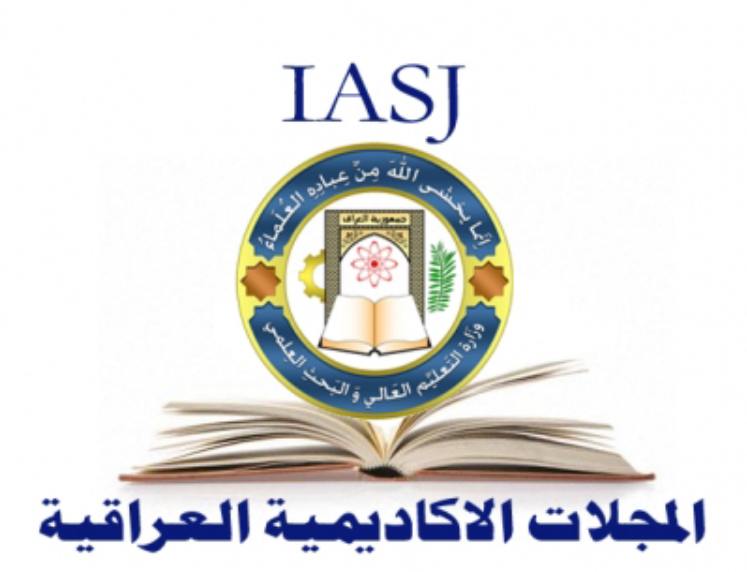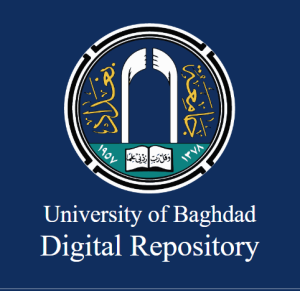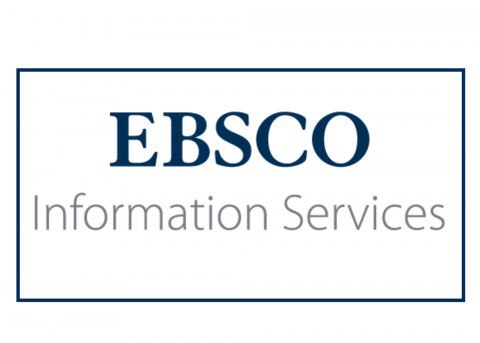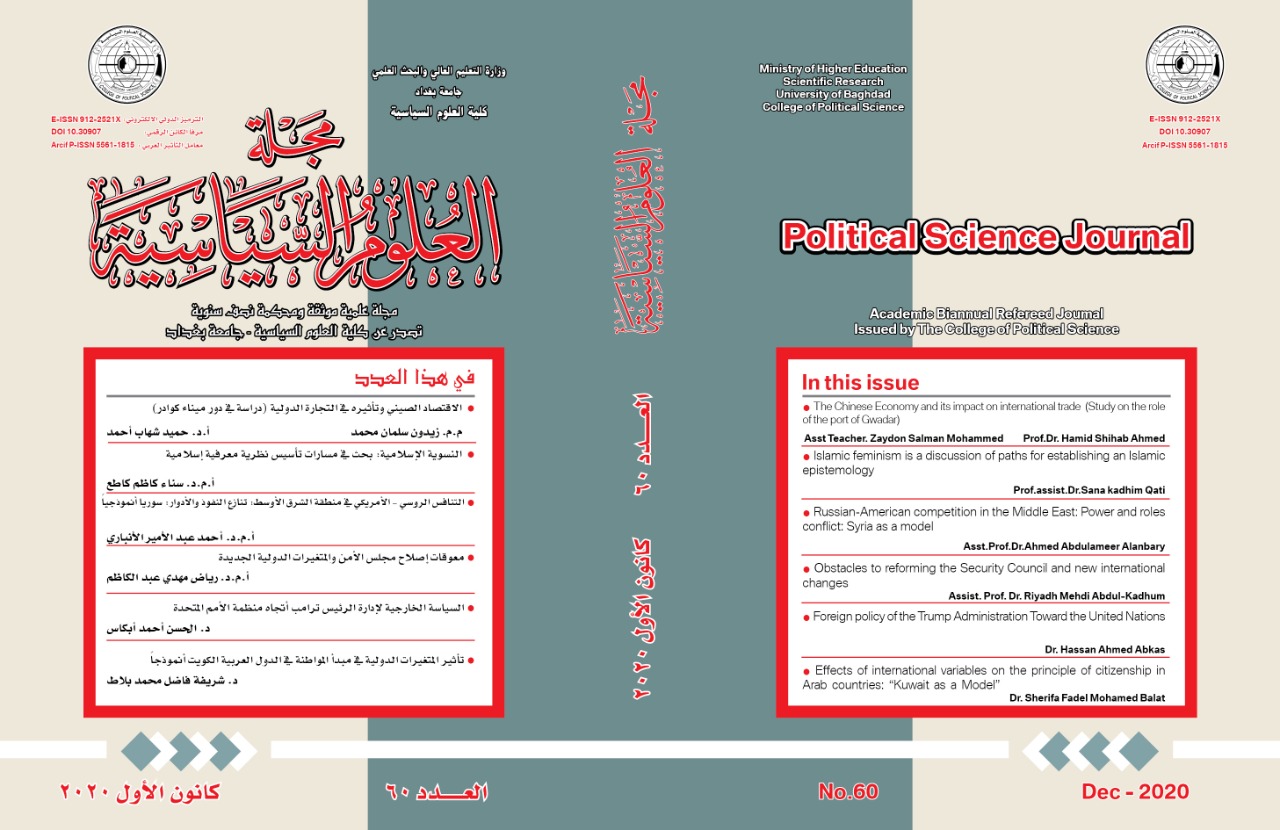دور الانتخابات في ترسيخ عملية التحول الديمقراطي: دراسة حالة الانتخابات التونسية عام 2019
DOI:
https://doi.org/10.30907/jj.v0i61.553الكلمات المفتاحية:
الانتخابات, التحول الديمقراطي, مبدأ التداول السلمي, الدستورالملخص
تعدُّ آلية الانتخابات بوضوح لافت, أداة سياسية لتوظيف البناء المؤسّساتي وتوجيه الحياة السياسية, وتشكيل المشهد السياسي, وتكوين المشهد الحزبي, وكان ذلك بتصميم قوانين انتخابية, إذ مثلت الانتخابات في التاريخ السياسي التونسي المؤشر لتحولاته البطيئة منها والمتسارعة, فعادةً ما كانت المحطات الانتخابية في تونس تالية, أو سابقة, أو متزامنة, مع مراحل سياسية مهمة مترافقة مع تعديلات تشريعية أو دستورية بوجه عام, وكان للقوى السياسية الاسلامية منها والعلمانية دورُ محوريُ وايجابيُ بسبب التوافقات السياسية بين النخب السياسية الحاكمة بتونس للوصول بالبلاد إلى التداول السلمي للسلطة وعدم الدخول في نزاعات داخلية لا تحمد عقباها, فضلاً عن, الموقف المسؤول والواضح لمنظمات المجتمع المدني المتمثلة ((بالرباعي الراعي للحوار الوطني)) نحو تقريب وجهات النظر بين الفرقاء السياسيين, وبصدور نتائج الانتخابات التونسية عام 2019 دخل المشهد السياسيّ والمؤسساتيّ التونسيّ طورًا جديدًا تبدلت فيه الكثير من المعادلات السياسية التي ظلت قائمة منذ الثورة التونسية (17كانون الأول / ديسمبر 2010), وتعدٌ الانتخابات الرئاسية والتشريعية عام 2019 محطة مفصلية في مسار التحول الديمقراطي, وترسيخ مبدأ التداول السلمي على الحكم والاحتكام لصندوق الاقتراع, لاختيار من يحكم البلاد.





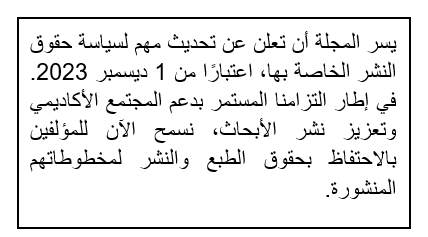
 ©️ 2023 The Author(s). Published by College of Political Science, University of Baghdad. This is an Open Access article distributed under the terms of the
©️ 2023 The Author(s). Published by College of Political Science, University of Baghdad. This is an Open Access article distributed under the terms of the 
